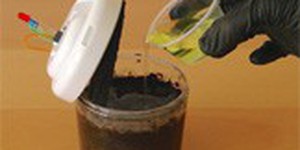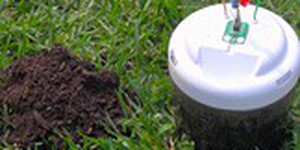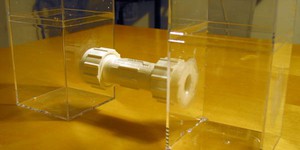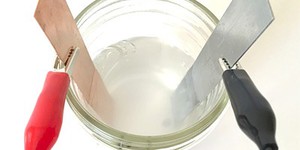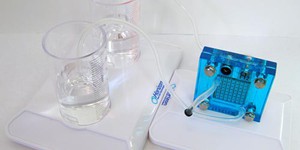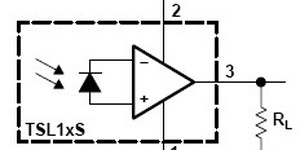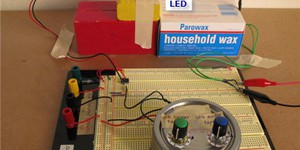Others Like “Spice Up the Power of a Microbial Fuel Cell with a Dash of Salt” (top 20 results)
|
Every day, we produce a lot of sewage (wastewater full of feces and urine). In fact, it adds up to 6.4 trillion liters of urine alone produced worldwide each year! The sewage is collected and then treated or disposed of. But what if, along the way, there were a way to make that sewage do something useful? Human urine is rich in nutrients, and some bacteria actually thrive on eating those nutrients. There are also devices called microbial fuel cells that can generate electrical power by using…
Read more
Bacteria are powerful little creatures. They can dispose of contaminants, make us sick and did you know they can even generate electricity? In devices, called microbial fuel cells (MFC) they can extract electrons from their food sources such as organic materials and feed them into an electrical circuit to generate power. This way they can even turn plain soil into a source of energy! Does it matter though what kind of food the bacteria "eat"? Find out how bacteria grow in a microbial fuel cell…
Read more
What can you do with a bucket of soil? You could use it to grow some beautiful plants and vegetables—or you could use it to produce electricity! Surprised about that? You actually can power electric devices with just mud! Are you curious about how this works? You need some little helpers in the soil—bacteria—that are able to turn their food sources within the soil into electricity in a device called a microbial fuel cell. But is this possible with any soil and does the soil…
Read more
"Gross! What is that in the toilet?" But maybe it's not just gross. Did you know there are bacteria that digest organic waste and create electrons? What if there was a way to collect those electrons to power a circuit? In this science fair project, you will make a microbial fuel cell to collect the electrons that the bacteria—anaerobic bacteria—create...only, you'll be using mud, which is much safer to handle than wastewater. If you would like to learn how to reuse and recycle an…
Read more
Have you ever wondered how your cell phone or laptop keeps running once you unplug it? Sure, it is the battery that makes your portable electronics work, but how exactly does a battery do that, and from where does the electricity come? Generally, in a battery chemical energy is converted into electrical energy. In fact, many different types of batteries exist that are all based on a different set of chemical reactions. In this science project, you will explore a special battery variant called…
Read more
You probably know that turning off the lights and the water, and not wasting paper are all ways to help the environment and conserve our resources. Did you know that another way is to use fuel cells? A fuel cell is a device that converts the energy in chemicals to electricity and it creates no pollution. The starting chemical does not have to be something complex — in fact you it can even be water! In this science fair project try your own hand at converting water to electricity with the…
Read more
LEDs (light-emitting diodes) are electronic components that convert a portion of the electrical energy flowing through them into light. How does the intensity of the light produced vary with the current flowing through the LED? To find out, you'll build some simple circuits to vary the current flowing an LED. You'll also build a simple light-to-voltage converter circuit to measure LED output.
Read more
Solar cells are popping up on rooftops everywhere these days and are a model for clean, renewable energy.
Did you ever look at those solar panels and wonder how we can get electricity produced by solar cells
when the sun is not shining? It is a great question because solar panels do not produce electricity when
it is dark outside. One strategy to overcome this challenge is to store the energy produced by solar
cells during the day in the form of a fuel that can be used at a later time. In…
Read more
You can see examples of parabolic reflectors in flashlights, car headlights, satellite TV antennas, and even on the sidelines at football games. How do these "dish" antennas work to gather signals? What is the best position for placing the detector for these antennas? In this project, you can use an LED and a simple photodetector to find out for yourself.
Read more
If you want to get your friend's attention at a crowded sporting event with lots of people cheering, you need to shout. If you're trying to do the same thing in a quiet library, a whisper works. The detection limit for each of our senses depends on the amount of "background" stimulation that is already present. This project uses an LED control circuit to investigate detection of changes in light levels.
Read more
|
Explore Our Science Videos
Design and Make Automata
Iteration in the Engineering Design Process
Make 3D Printed Optical Illusions


